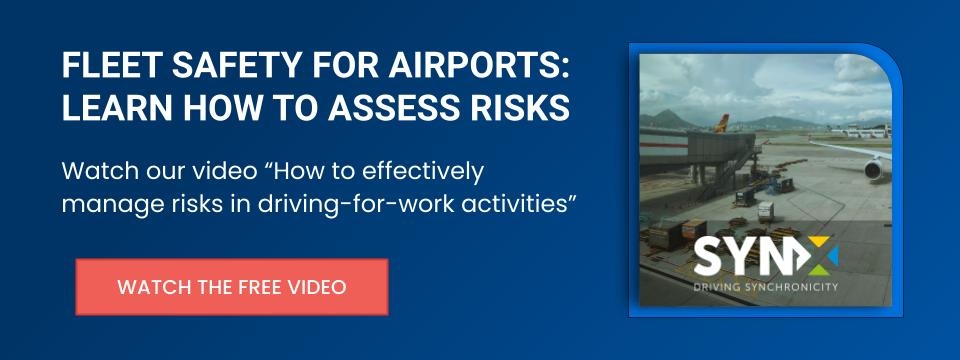
In the daily operations of ground support equipment, that circle around the departure and arrival of aircraft that have to take place in limited spaces with a great deal of time pressure, there are unfortunately many things that can go wrong.
In order to maximise safety in such a challenging environment, to meet airline requirements and comply with their strict turnaround times, there are some mistakes that ground handlers have to avoid at any cost. In this post we deal with 3 of them.
#1 Compromising training time. The learning curve of ground handling staff is an important one, but the time dedicated to training staff must not be sacrificed. The majority of aviation literature is about the training of pilots, cabin crew and engineers, while the shared knowledge about ground services is still limited. Practical training is thus an extremely important resource, as there is also no specific accreditation schemes or licenses in place as is the case for other aviation roles.
#2 Not understanding which aircraft they are dealing with. This might be seen as something obvious but it is actually extremely challenging if we think about the ground operations usually required, the high density of equipment needed per aircraft, the fact that a lot of ground handling work needs to happen simultaneously and in a swift way. Knowing the aircraft configuration and part is then essential in order to consider manoeuvring on the ramp, with special reference to limited space or special components that have to be considered to avoid human error and incidents.
#3 Not reporting abnormal procedures. Abnormal operations that do not lead to visible damage, "near-miss" incidents and similar events need to be reported even if they do not cause injuries or harm. The idea is that only approved and standardized procedures are adopted, while abnormal one are flagged in order not to be repeated.




